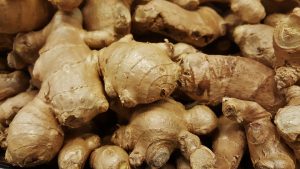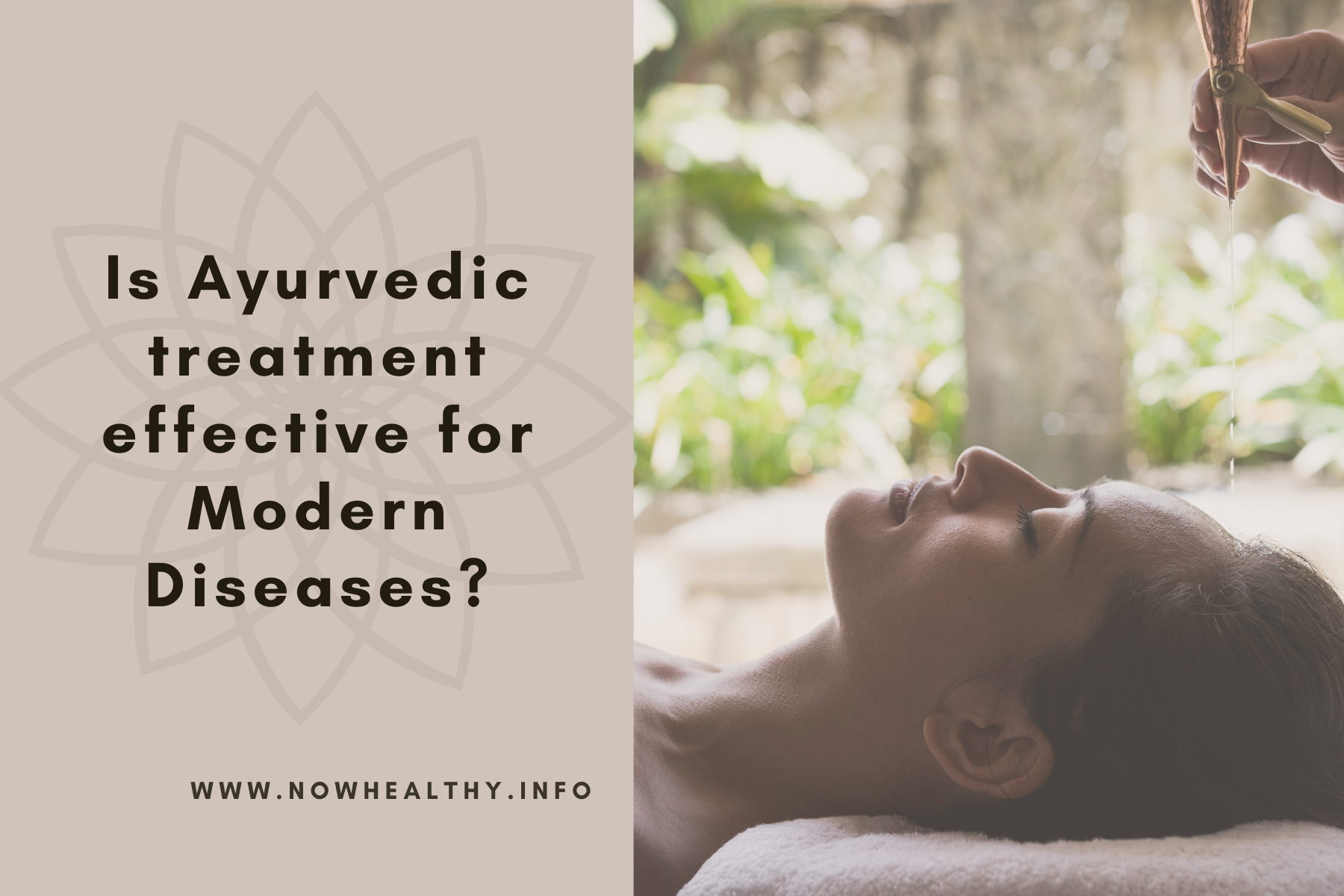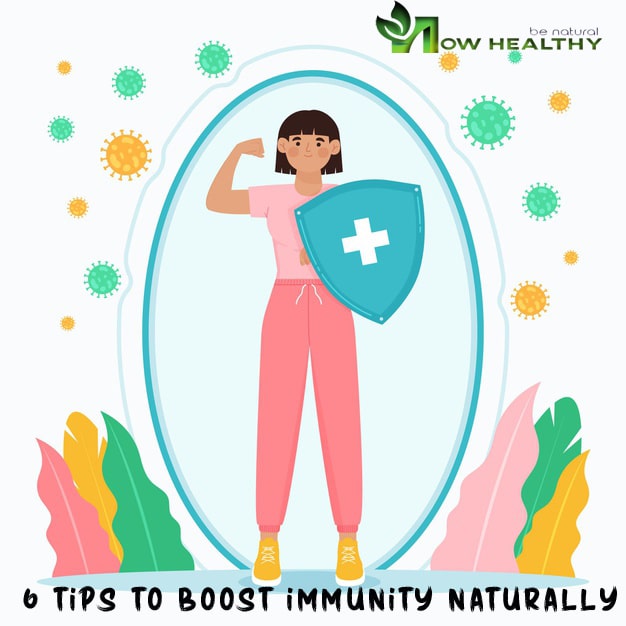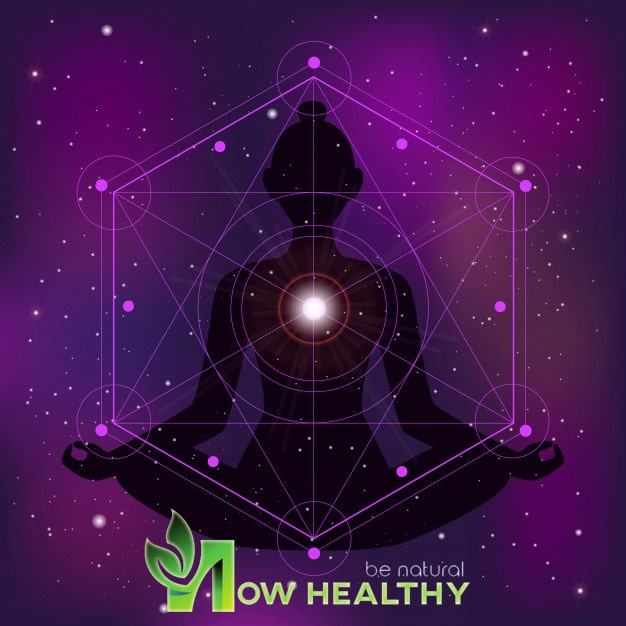What are the health benefits of Ginger
Ginger Health Benefits –
Ginger has been used since ages as a natural remedy to various ailments, it’s the most common ingredient used in our day-to-day life. It belongs to the Zingiberaceae family with enormous health benefits. In Ayurveda Ginger had many synonyms like – Sunthi (the dried form), Maha-aushadh (a great medicine), Vishwa Bheshaj (used in various ailments), Shringver (as it possesses thorns processes).
Ginger is grown mainly in Kerala, Bengal, Orissa, Karnataka, Madhya Pradesh, and Himachal Pradesh, it flourishes best in hot and humid climates. We hear mainly generally 2 terms related to Ginger – Sunthi, and Adrak. Sunthi is a dried form of Ginger whereas Adrak is a fresh form.
Ginger contains Protein, Fat, Carbohydrates, Minerals, Calcium, Phosphorus, Iron, Iodine, Chlorine, vitamins A, B, C. Its main component is Gingerine and Oleoresin compound, Zingiberol, Gingerol, Gingerone, and Shogaol. These are the components that are responsible for it’s medicinal properties.

5 proven health benefits of Ginger
-
Prevents cold and cough
We all remember that whenever we suffer from a Cold or cough the first thing our mothers or grandmothers do was to give a pinch of Ginger extract mixed with honey because it is hot in potency and possesses scrapping properties that help to scrap mucus from the minute channels. It is widely used in Kapha disorders in Ayurveda to expel cough out of the body.
A decoction of Ginger can also be consumed in cases of cold and cough. Just add 1 cup of water to a pan and add half Ginger to it, you can also add some basil leaves to it for better results. Now boil the mixture till it reduces to a half cup, and remember not to close the pan with the lid. Afterward, strain the mixture and drink it lukewarm (not too cold not too hot), this mixture has to be consumed twice a day for better results.
Ginger extract mixed with honey can be given to children in cases of cold and cough. As children may not take ginger in raw form due to its bitter nature.
-
Improves Digestion –
In Ayurveda Ginger mixed with salt is given before meals to increase appetite as it possesses Rochan, Deepan properties that increase digestive fire and helps to treat anorexia. A piece of ginger when consumed in its raw form helps to improve digestion.
-
Soothes inflammation–
As we all know that Ginger is hot in potency it is used in many conditions where the person is suffering from cold or any such conditions. Ginger paste along with Turmeric is applied topically in cases of inflammation. In cases of Rheumatoid Arthritis, or Osteoarthritis ginger paste is applied to reduce local inflammation. A special indication of Sunthi Churna is mentioned in Ayurveda for treating fever. Ginger tea or its decoction can be used in case of menstrual cramps as it is hot in potency. It relieves cramps and ensures better flow.
-
Improves Blood sugar levels –
Ginger possesses several health constituents that help to maintain blood sugar levels, it also reduces the blood cholesterol level and helps to maintain a healthy weight. Regular intake of Ginger extract or in any form with other ingredients helps to reduce blood sugar levels in diabetic patients.
-
Prevents Nausea or vomiting –
Ginger is effective in case of nausea and vomiting due to the presence of the Gingerol component. Taking Ginger tea with lemon drops helps to reduce the symptoms of nausea and vomiting.
Benefits of eating raw ginger on an empty stomach
Ginger when consumed on an empty stomach helps to increase appetite. Fresh ginger cut into small pieces mixed with salt can be taken before food or on an empty stomach to increase appetite.
Ginger side effects
It is advised not to take ginger if you are suffering from high BP, epistaxis, Anemia, Skin disorders, Dysuria, Local application on wounds, and if there is an excessively hot and humid climate.
Excessive intake of ginger can cause eruptions of pimples, acne, mouth ulcers, redness in the eyes, or epistaxis as it is hot in potency. Some people may be allergic to ginger, hence they need to avoid this ingredient.
Ginger for skin
Ginger should not be applied directly on the skin as it may cause skin irritation and redness but can be consumed internally for glowing effect on the skin. Ginger had antioxidant properties that help to fight the free radicals of the skin and other signs of aging like Wrinkles, Fine lines, Skin pigmentation, Blemishes, etc. The antioxidant helps to fight free radicals of the skin hence promotes glowing and healthy skin.
Conclusion –
We all wonder to achieve a perfect body, skin and need instant results. But it’s the long-term damage that we have given to ourselves and is visible in many years hence natural ingredients work slowly to show their effects. All these indications are based on experience hence should be used carefully especially if applied to the skin.








